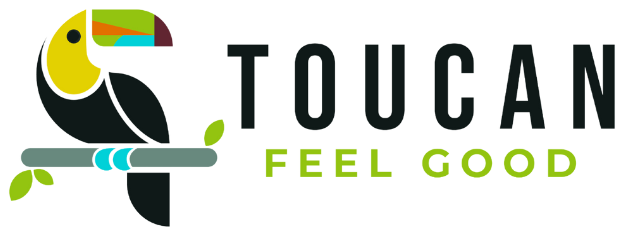For some, learning is associated with school, university, or workplace training. Activities that come with deadlines, stress, and exams. But a small, daily learning habit can also be one of the simplest and most enjoyable ways to boost self-esteem and improve mental health, not to forget the obvious benefit of keeping your mind sharp!
Taking on a micro-learning habit doesn’t mean spending hours studying complex subjects or committing to formal education. It can be as simple as picking up a new fact, watching an engaging documentary, or practicing a small skill for a few minutes a day.
The key is consistency—learning something new every day creates a sense of growth, builds confidence, and keeps your mind active. This article explores why you should consider taking on at least one small daily learning habit and how you can make it an effortless part of your routine.
Why Learning Something New Everyday Boosts Confidence & Mental Health
One of the biggest reasons daily learning can transform mental well-being is that it creates a sense of progress. Even the smallest new piece of knowledge gives you something to feel proud of, reinforcing a growth mindset and the belief that you are always moving forward.
This sense of progress increases self-efficacy. That is, the belief in your ability to handle challenges. Every time you successfully learn something new, whether it’s a practical skill or an interesting fact, you prove to yourself that you are capable of growth. This naturally boosts confidence and makes challenges feel more manageable.
Continuous learning also acts as a stress reliever. Engaging with new information or skills shifts your focus away from worries and distractions, much like meditation or exercise does for the mind. Instead of ruminating on negative thoughts, your brain stays engaged and stimulated in a positive way.
It goes without saying that beyond the mental health benefits, learning helps to strengthen brain function. The brain is like the rest of your body, use it or lose it! Studies have shown that lifelong learning supports cognitive flexibility, improves memory, and enhances problem-solving skills. The process of learning encourages new neural connections, keeping the brain sharp as we age.
Simple Ideas For a Daily Micro-Learning Habit
Many people make the mistake of setting overly ambitious learning goals, such as enrolling in a demanding evening course that requires commuting after work. While structured education has its place, a micro-learning habit doesn’t need to be time-consuming or complicated. Small, simple learning opportunities can be effortlessly integrated into your daily routine, making personal growth easy and sustainable.
Here are some practical ideas to try:
- Read or Listen to Something Informative – A few pages of a book, a short article, or a 10-minute podcast can introduce you to new ideas without taking up much time.
- Watch an Educational Video – YouTube, TED Talks, and documentary platforms offer quick, engaging ways to learn something interesting in minutes.
- Read a Book Summary – If you don’t have time to read an entire book, apps like Blinkist or Shortform provide key insights in just a few minutes.
- Ask More Questions – Get curious about everyday things. If you wonder how something works or why something happens, take a moment to look it up. You’ll be surprised at how much knowledge is just a quick search away.
- Try a Word or Fact of the Day – Apps like Word of the Day or Fact of the Day provide bite-sized learning that takes just seconds to absorb.
- Pick Up a Micro-Skill – Spend five minutes practicing something new, such as a quick stretching routine, a keyboard shortcut that makes your workflow more efficient, or a simple DIY skill.
- Learn a New Language – Apps like Duolingo, Babbel, or Memrise make it easy to learn a few new words or phrases each day in just a few minutes.
How to Make the Habit Stick
The biggest challenge with any new habit is making it last. Here are a few ideas for how you can ensure learning becomes a seamless part of your daily life.
- Tie Learning to an Existing Habit – Stack learning onto something you already do. For example, read an article with your morning coffee, spend 10 minutes on a language-learning app during your lunch break, listen to a podcast while commuting, or swap your usual social media scrolling with an audiobook before bed.
- Start Small – Don’t overwhelm yourself with unrealistic goals. Aim for just a few minutes a day at a consistent time. Your initial goal could be to learn one new fact or a single phrase in a foreign language each day—small but meaningful progress.
- Make It Fun – The best way to stick with learning is to choose topics that genuinely interest you. If something sparks your curiosity or gives you a sense of pride in knowing, you’ll naturally look forward to learning rather than seeing it as a chore.
A Small Habit with Big Benefits
Learning something new every day doesn’t have to take much time, but its impact on your self-esteem and mental well-being can be profound. By making learning an effortless, enjoyable habit, you cultivate a mindset of curiosity, confidence, and personal growth—qualities that enhance every aspect of life.



